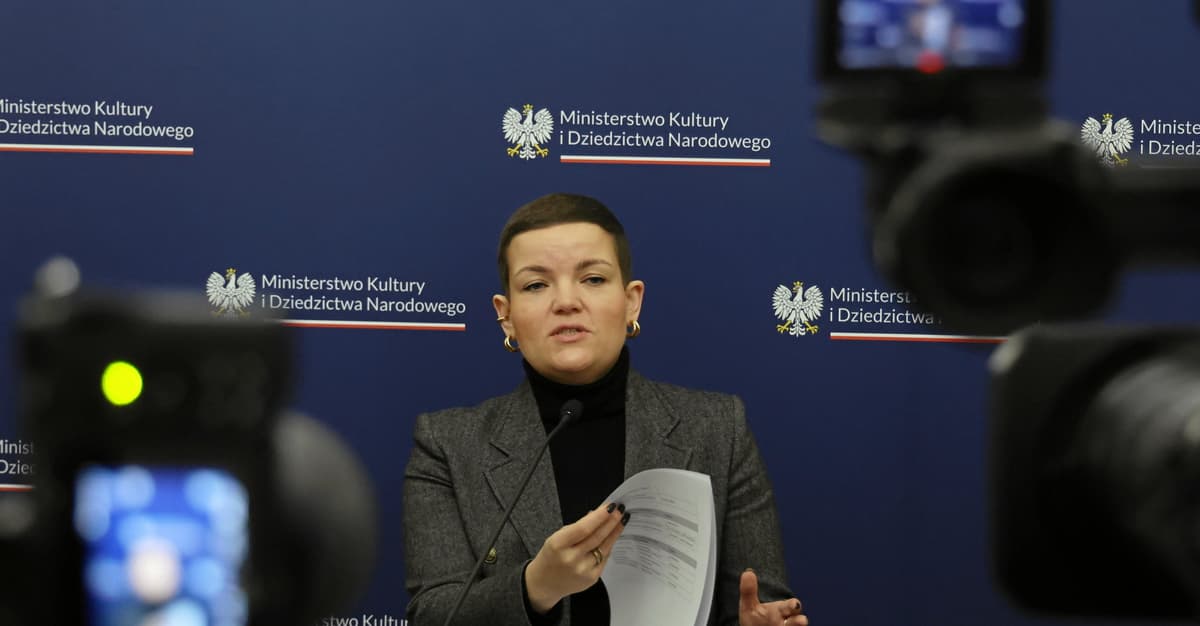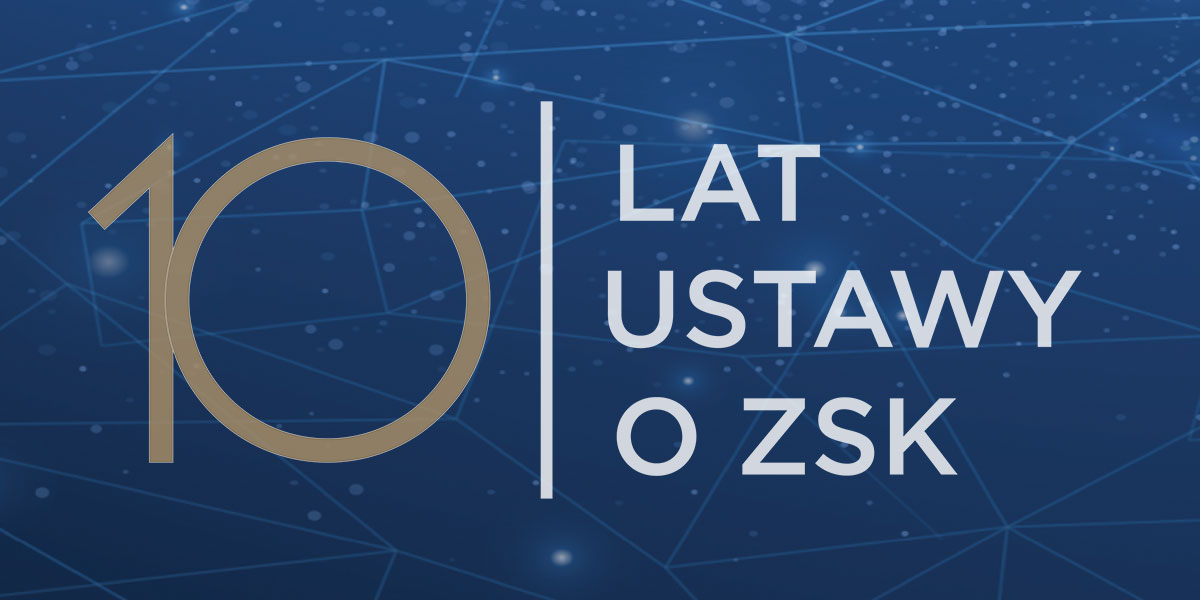When the recruitment industry became established in Poland following the change of regime in the 90s, things were very different than today. Recruitment companies had small teams. Leaders were often businesspeople who saw an opportunity rather than being experienced recruiters themselves. None of them had a graduate program. That came much later.
By the late 2000s companies like Hays and Adecco had stamped their mark on the Polish recruitment industry. Initially the market was buoyant, and these companies grew rapidly. By the end of the decade Verita HR joined the ranks of recruitment businesses in Poland. It did this with a strong focus on tailor-made recruitment and contracting solutions. It also had the strongest marketing team of any recruitment business in Poland at the time. Just check Robert Pasut’s profile on LinkedIn if you need convincing.
One of the things that stood out about the early Polish recruitment industry is not only the lack of maturity, but the hesitancy to do sales. Country managers, often expats, did sales themselves. Thankfully, today there are plenty of 360-degree recruiters on the market, but this wasn’t always the case.
Another glaring challenge was the dramatic difference in salaries between Directors, Managers and Recruiters. Often a country manager of a recruitment firm with less than 10 fee earners would earn four or five multiples of a recruiter. Managers would demand double or even triple the salary of a recruiter. This is unique to emerging economies and seems to be now balancing itself out in the case of Poland.
One of the ways to help create a backbone to the recruitment industry is by bringing ideas from more mature markets. One of these ideas is to nurture a graduate recruitment program. Something that Verita HR started doing very early.
Why Verita HR puts so much Focus on its Graduate Program
The two companies that have influenced the Verita HR culture and strategy the most are REED and Michael Page. Both companies are leaders of the UK recruitment market which remains a global leader. What REED and Page have experienced since they started in the 60s and 70s respectively is huge. The way that specialisms were created. How client acquisition and account management developed. Not to mention the software and processes that came with it.
In fact, it’s worth noting that in 2004 the revenues of REED in the UK alone were more than the entire revenue of the Polish recruitment industry. This has, of course, changed with time. But the way that REED runs its graduate recruitment program has been one of the things that has stayed constant. Why recreate the wheel when Sir Alec Reed has already done that?
At REED, like other mature British recruitment businesses, there is a very strong graduate recruitment program. Each year some of the top talent from the market is garnered in the hope of producing future leaders. In the past the program entailed being at first a Graduate Executive Administrator reporting to a regional manager or a divisional director. Following on from the first year, graduates would then spend a year in the business as a normal employee, but with one difference. Each month the graduates would still work closely with the senior leadership team at REED. Once the program was complete many of the graduates were deployed in strategic roles across the business.
At Verita HR the teams take inspiration from what has been pioneered at REED. With some subtle differences.
The Fusion of a UK Graduate Program and the Polish Recruitment Market
In Poland, back in the 2000s Michael Page’s recruitment proposition for clients was very popular. Much as we saw the growth of the key executive search companies in Poland, Michael Page enjoyed huge success when it first opened in Poland. Others included Spencer Stuart, Russell Reynolds, Egon Zehnder, and Kornferry – the Big 4.
Explore this insightful article uncovering the insights and strategies of the #Big4 recruitment firms. Learn how they're navigating today's dynamic business landscape, from AI-driven talent spotting to reshaping leadership practices. #Recruitment https://t.co/kL1RTNntyT
— Magazyn Rekruter (@MagazynR) April 17, 2024This model also allowed for older, more experienced hands to join the recruitment industry. Whilst it also allowed young, ambitious individuals to join these companies as ‘researchers.’ This is important to mention, as being a researcher in a recruitment company was a very popular role in the 2000s.
However, researchers rarely make good 360-degree recruiters. In fact, the competencies needed to be a researcher are very different from those needed to be a 360-degree recruiter. Why is this important? Because in Poland recruiters are arguably much younger than in more mature recruitment markets like the UK. Many of them start in recruitment whilst still finishing their degrees if not soon after completing them.
It is important to highlight how many of these recruiters are often hired with minimal or no sales experience. It is often their first or second ‘serious job’. Not only that, but they have started their careers in a world surrounded by social media and hybrid working. An environment that is very different from the early days of recruitment in the UK.
What is important therefore to note is that Polish recruiters need more patience. They need coaching and mentoring. They need to feel that their bosses hear their voice, all the time, and not just when they have an appraisal.
Working alongside graduates who are on a graduate program can often alleviate this problem. Managed properly.
How the Verita HR Graduate Program works
At Verita HR a recruiter starts as a junior HR Projects Co-ordinator. This is a unique role to Verita HR in Europe. A role that encompasses the role of a researcher with the role of a social media influencer. Something that appeals to many young and ambitious people.
At Verita HR we often train and nurture HR projects co-ordinators. Most recruitment companies look to their recruiters to actively sell or canvas to new clients. At Verita HR we have chosen a different path.https://t.co/QzPl7soXz8
— Digital Startup (@digitalstartup5) October 10, 2024To help young ‘HRPCs’ find their feet both online and in recruitment it is critical that they are supported. Having strong graduates in the company can help facilitate this. Especially if those graduates are also strong on all things social media, have analytical skills, and are not scared to test new things.
At Verita HR graduates start their roles by supporting either the contracting or recruitment teams. Working with divisional directors, these graduate executive administrators get a birdseye view of the whole organization. They learn to support internal communication, marketing, HR, finance, and sales. Once they complete an initial nine to twelve months in this support role they are then deployed into more strategic positions.
Why this emphasis on graduate recruitment? Partially because good recruiters don’t necessarily make good managers. Whereas if a graduate is trained in leadership skills from day one, the chances of them being a good leader in the future are much higher. Mitigating the need to bring in managers from outside which often comes with staff turnover.
Does your recruitment partner use a graduate recruitment program? Do you want to talk to the specialists at Verita HR to find out more?
Verita HR offers services including RPO | Permanent Recruitment | Outsourcing | Media Services
#recruitment #Poland #humanresources #Graduate #executiveadministrator #hrrojectscoordinator #VeritaHR #researcher #360degree
See Also:
Should your Recruiter be a Social Media Influencer? – Verita HR








